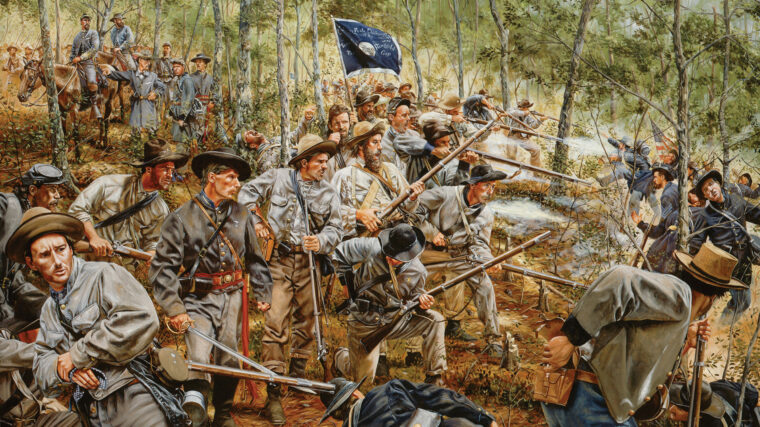
Battle of Seven Pines
The Crime At Pickett’s Mill
By Roy Morris, Jr.Peering through the thick underbrush west of Little Pumpkin Vine Creek, 30 miles northwest of Atlanta, on the afternoon of May 27, 1864, Ambrose Bierce had a bad feeling. Read more

Battle of Seven Pines
Peering through the thick underbrush west of Little Pumpkin Vine Creek, 30 miles northwest of Atlanta, on the afternoon of May 27, 1864, Ambrose Bierce had a bad feeling. Read more
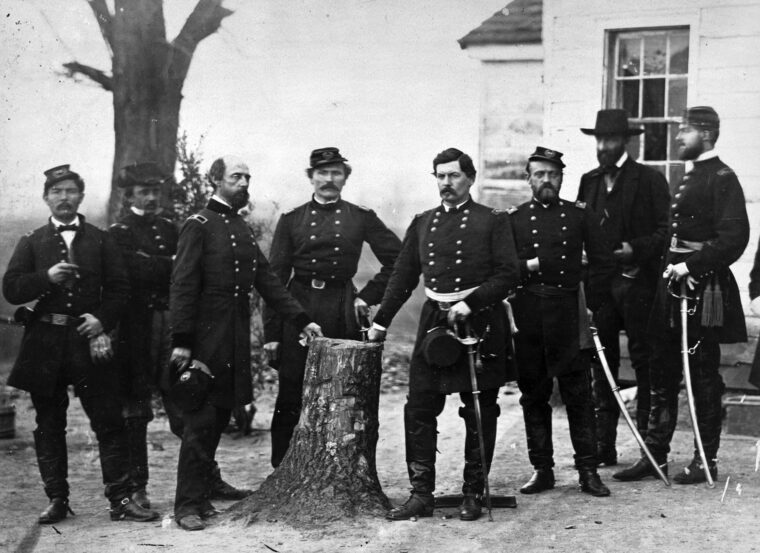
Battle of Seven Pines
After an almost uninterrupted, four-month-long string of Union successes beginning in early 1862, followed by the advance of a 100,000-man enemy army to the eastern outskirts of its capital at Richmond, Virginia, the Confederacy suddenly found itself in a life-or-death struggle for its very survival. Read more
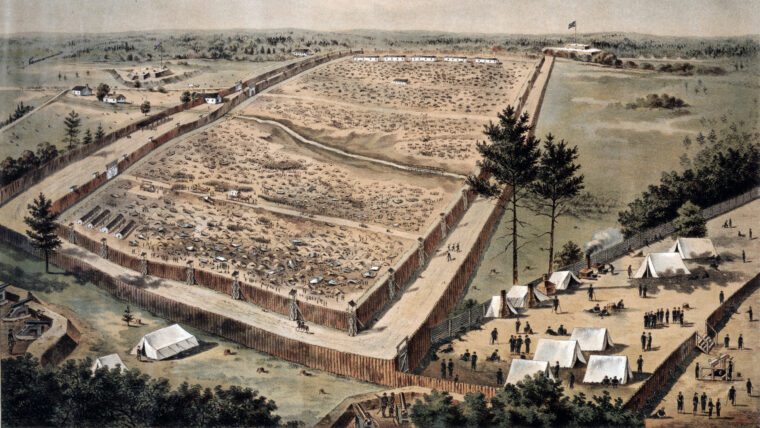
Battle of Seven Pines
The June 19, 1861, editorial in the Charleston Mercury newspaper warned: “War is bloody reality, not butterfly sporting. Read more
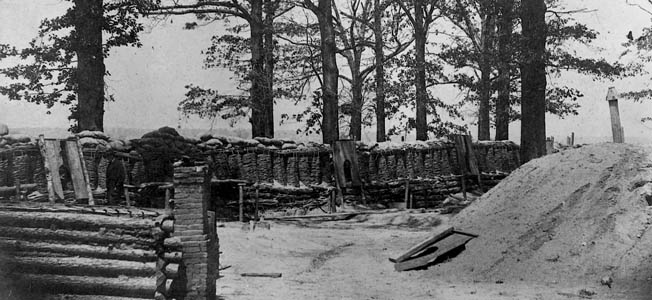
Battle of Seven Pines
In selecting a leader for the attack on Fort Stedman, Robert E. Lee could scarcely have chosen a better commander than Maj. Read more
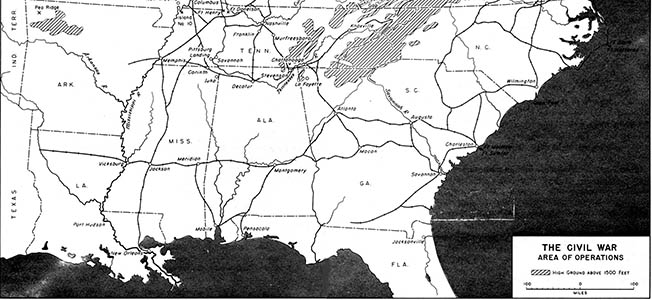
Battle of Seven Pines
Strategically isolated from the South, geographically isolated from the Far West, and separated from the Union plains states by the Indian Territory (present-day Oklahoma), Texas was a backwater whose ultimate fate depended on the success of the Confederacy. Read more
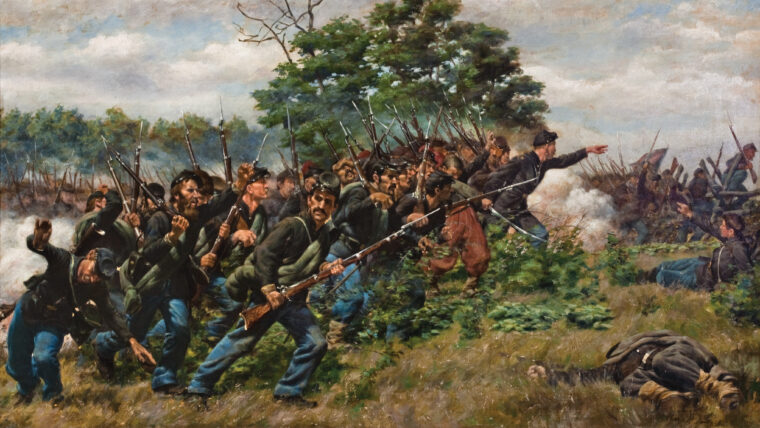
Battle of Seven Pines
On the last day of May 1862, heavy gunfire rumbled and thundered in the distance beyond the Confederate capital of Richmond, Virginia. Read more
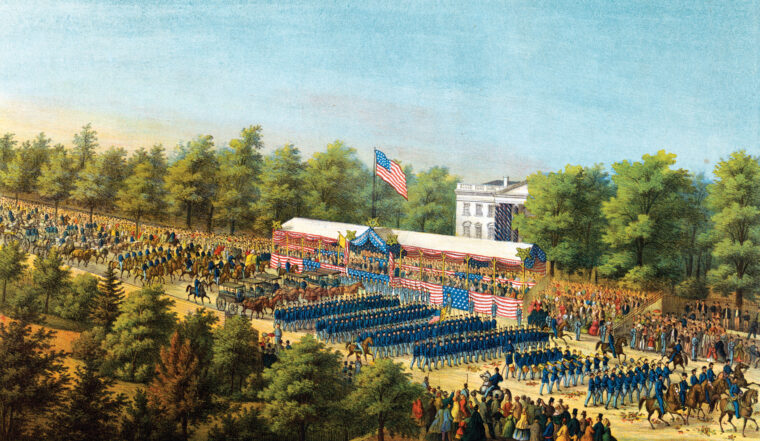
Battle of Seven Pines
Robert E. Lee’s surrender at Appomattox, presaging the subsequent surrender of other Confederate forces in the West and the capture of Southern President Jefferson Davis a few weeks later, marked the triumphant end of the nation’s great sundering. Read more
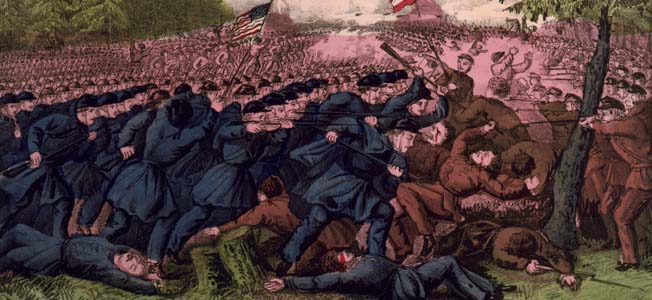
Battle of Seven Pines
In 1862, Confederate forces in Virginia were enjoying a number of campaign successes, but the decisive advantage in naval power enjoyed by the Union enabled it to advance down the Mississippi, capture river forts, and conduct many coastal attacks. Read more